Every time I think of him, I write a letter. I have collected many and keep them in a drawer. When I face him one day I will put them in his hands, I will let him read me and feel me. Maybe that's how he gets to know me better, on paper I sleep naked, when I wake up, I'm dressed. When I wake up, I leave him…
30 days
sleep Nefeli, save yourself...
Author:
Niki Tagalos,Niki Tagalou was born in 1975 in Piraeus, where she still lives. She completed her studies at a photography school and worked for a year in the mass media as a photographer. Since then, she has been working in the private sector dealing with Public Relations. "Battle of Love" is her first writing effort, (in e-book format), which was translated into English and released in America, England, Germany, France, Spain, Italy, Japan, China, Canada, Brazil and India. Her second poetry collection, "Pencil Souls", is available for free online exclusively at http://texni.org. In September 2013, the poetry collection "Revolution of Silence" (2014 Sikeliana Award) and in July 2014 "The Body of Sorrow" was released in print form by Pigi Standard Editions. In addition, he has published numerous texts in online literary magazines, while he has participated in collective poetry anthologies and book edits. In 2015 she participated in the visual album "A Poem An Image", with contemporary poets and engravers, an initiative of the School of Fine Arts of Florina. He has also been honored: - "Sophocles" Prize at the 1st "Manolis Alygizakis" World Poetry Competition at the International Art Academy. – First Prize for Feminist Poetry in Sicilian 2013. – First Prize for Poetry Collection in Sicilian 2013. – Qualified for the World Poetry Competition “K. P. Cavafis 2015".
1 review for 30 days
| Weight | 0.5 kg |
|---|---|
| Writer | Niki Tagalos |
| Pages | 90 |
| Writer | |
| Dimensions | 14x21 cm |
| Publisher | Source Publications |

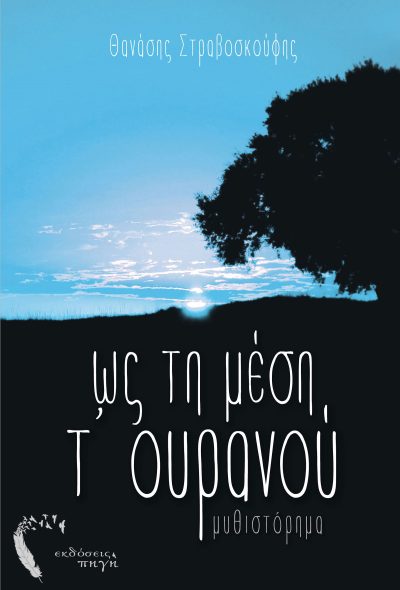
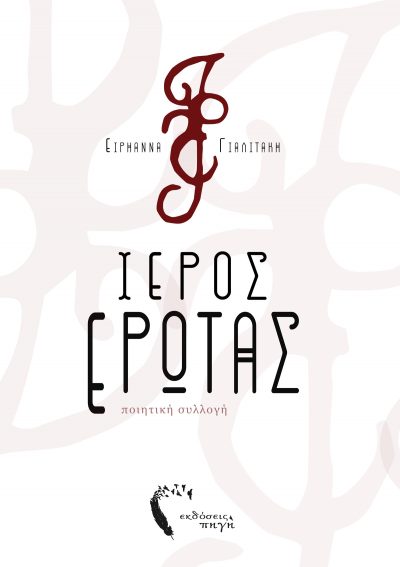
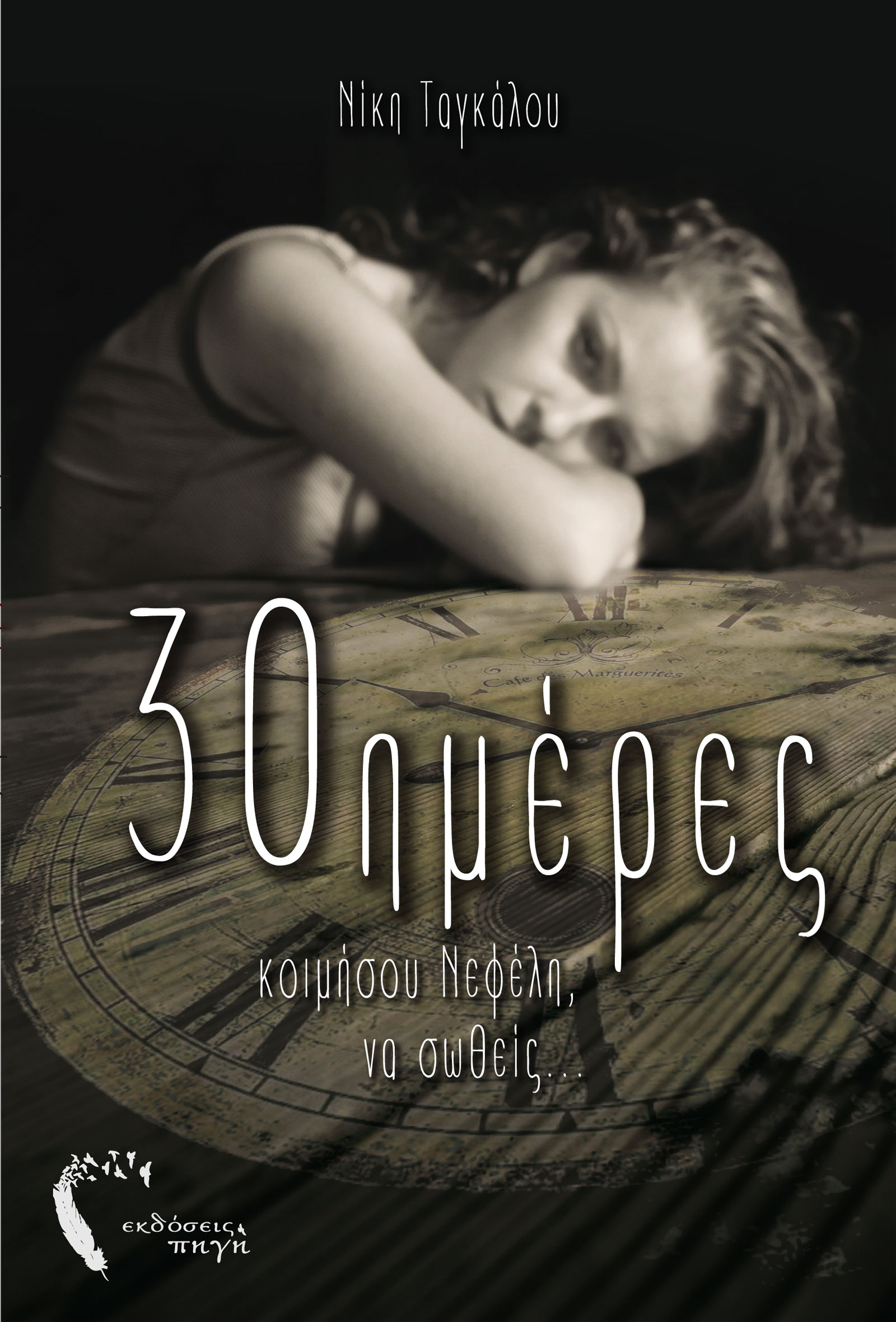
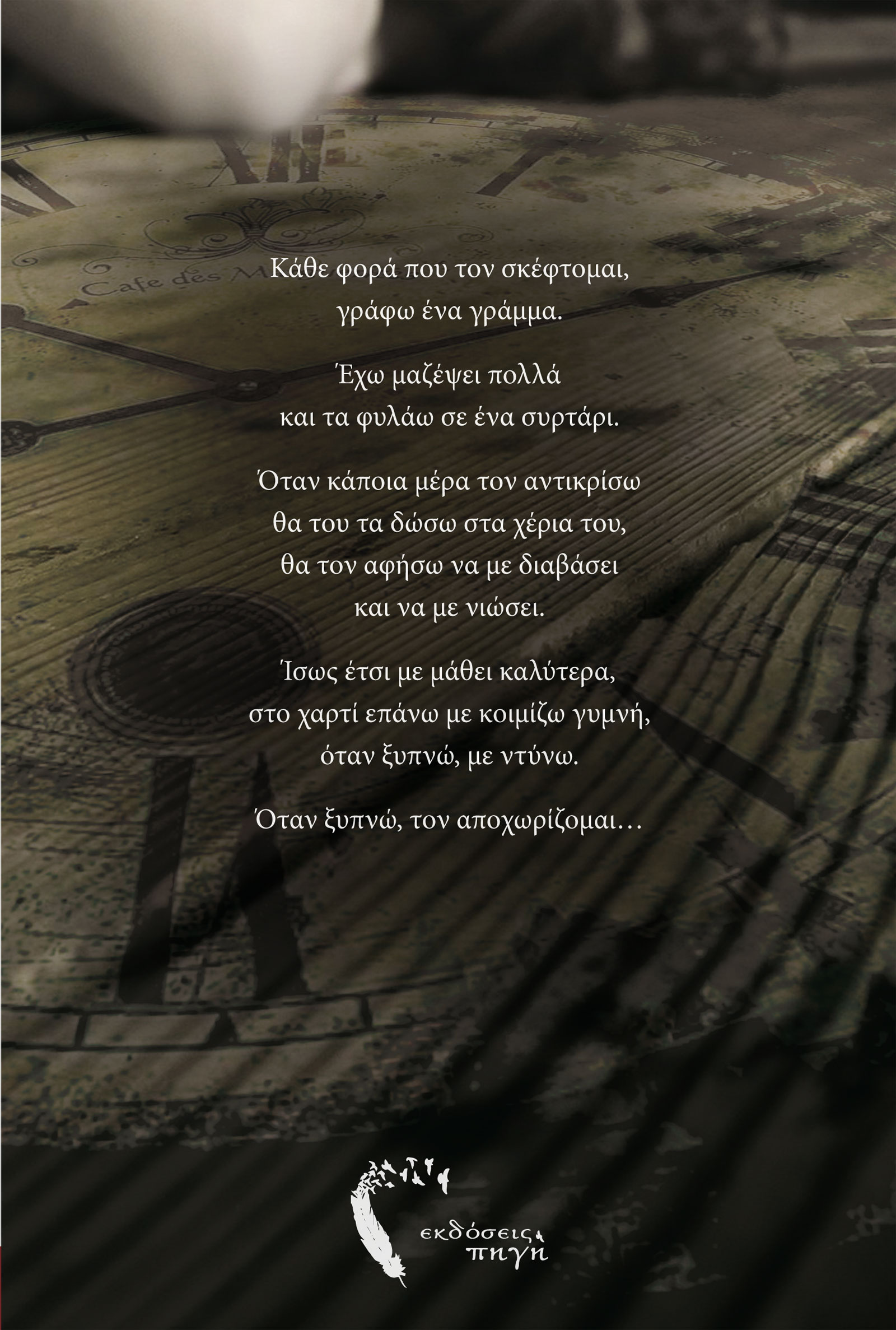





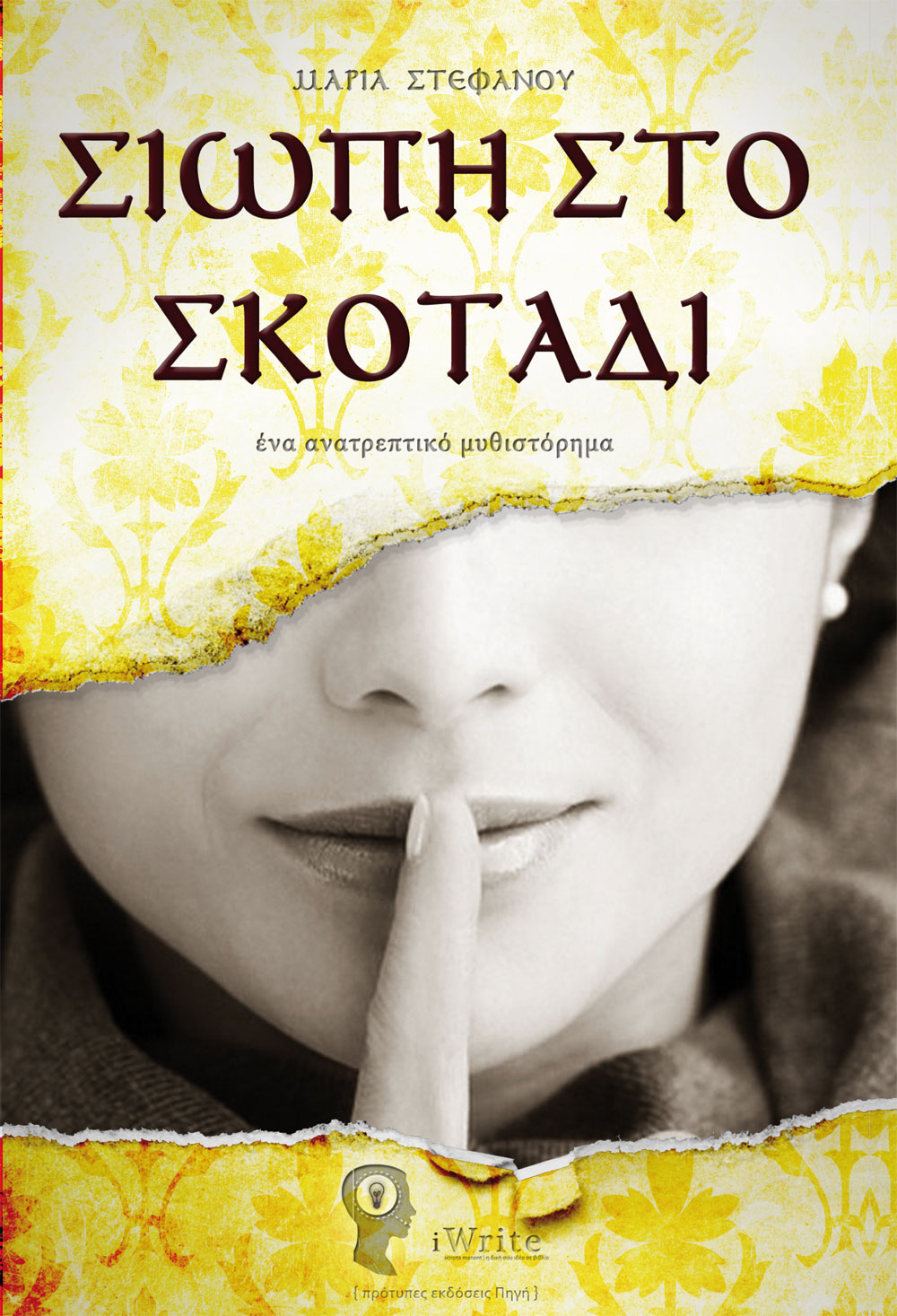


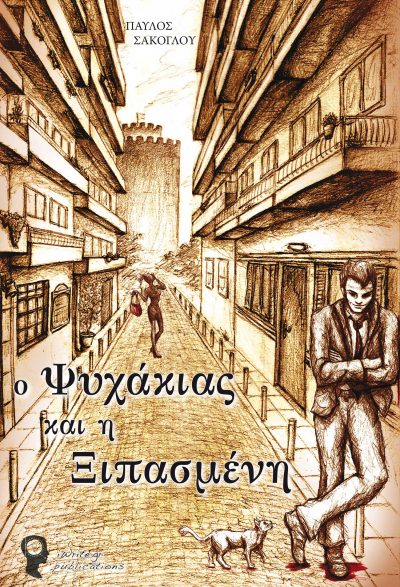
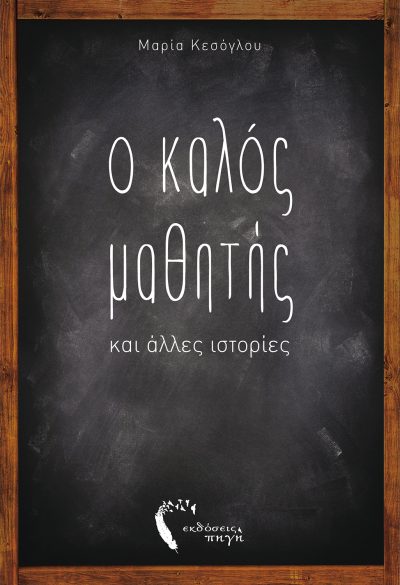

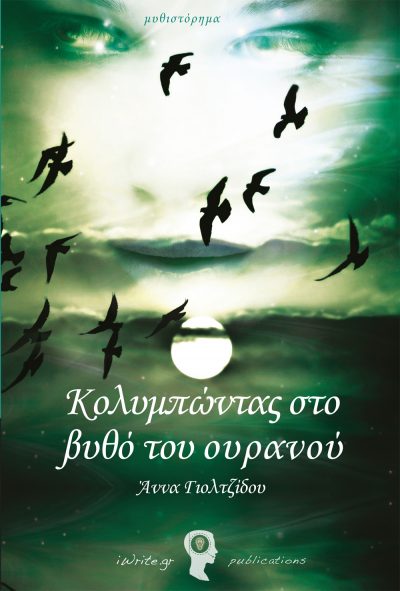

Dimitris Papakonstantinou, Fractal -
Niki Tagalo's book "30 days - Sleep Nefeli to be saved" is classified by "PIGI Standard Editions" in the short stories, probably with unique criteria of the prose on the one hand, and the length of the narrative material on the other. But I assure you that it has nothing to do with traditional prose!
If it were a traditional novella, it would have to feature a main character surrounded by several minor characters. There should be extended narratives, descriptions, dialogues and episodes, climaxes of the action and correspondingly of the reader's anxiety.
Here is a sustained monologue that spans 88 typescript pages. I would say, therefore, that it looks more like a one-act play than a traditional novel. The reader, from the very first lines, realizes that he has before him a peculiar work, which we could - perhaps - characterize as "prose poetry", "poetic prose" or "lyrical narrative". After all, Niki Tagalo comes from the field of poetry and is basically a poet and then a prose writer.
The author dedicates her work "to those who live without love and fear that they will die without it." The protagonist Nefeli is a lonely young woman. It is the personification of loneliness. Despite this, we see her avoiding friendly interactions. The only antidote to unbearable loneliness wishes to be a strong love, able to make her not set foot on the earth. But that love doesn't come and as long as it takes, Nefeli wonders what's wrong, she mourns, she gets angry, she languishes...
Unrequited love is an uncontrollable fire that consumes everything, it is a competitive struggle, the same as the struggle of man who struggles to hold on to life tooth and nail. The protagonist Nefeli is suffering. Her life is not a romantic stroll in the moonlight. She is not talking about the gentle touch of her lover's hand, a calm sweet kiss or a whisper that soothes the senses. Her voice is the desperate cry of primitive passion, it is thirst and hunger, it is the bloody sweat of the deepest despair, it is a battle in which it is constantly defeated, but does not surrender.
“Eyes swollen from crying as if they had left
in them all the seas and poured out furiously on my helpless body...
For hours I feel like a spider, constantly weaving my web until I get so entangled in it that I can't break free...
Friendless soul my friend is worse than friendless lips..
She cries and rages while the lips simply seal and fall silent.
I'm being murdered, I'm trying to escape.
Through these letters I will leave behind my spirit that was left untouched.
My life has become pages and in the end the pages will become kindling.”
But why does love have to be painful? Perhaps because it oppressively demands as a tyrant the absolute submission of man, the absolute dominion over mind and body. Perhaps because its absoluteness always leaves the bitter taste of the unfulfilled. Perhaps because it commands one to put logic aside and kneel or even crawl into the darkest and most dangerous paths of the mind. Nothing is guaranteed! It does not give any assurance! It protects the unconditional surrender to the unknown or even the uninterpretable. The poet Niki Tagalou talks about this wild love, through her protagonist.
"You murder me in your absence and I endure.
Screams without sound, without tears.
The room smells of dead blood…
I have the feeling that blood is running over me, from inside me.
I roam the house like a ghost, visible to others, invisible to me. I don't see me anywhere.
I don't feel like washing, eating."
They say that only impossible love is ideal, a love without the possibility of rationalization or demystification. Nefeli is in love with love and not with a real lover. She is in love with shadows, with intangible bodies. The object of her desire has no face or name. If he had, he could perhaps explain why he is waiting for him, but he does not come. Maybe she could blame him for the impasse she is experiencing.
"I am stupid for hours and hours and yes I admit it but
and my love for you that I don't know, isn't it stupid?
Imagine if I already knew you...
Why don't you ever come to take away my rage and anger?
Why don't you come and prove to me that everything can be made beautiful?
You see, one day they will call me stupid, because I never learned the difference between reality and fantasy.
I mourn for the great delusion of love that I carry inside me, for the non-existence of your existence, for the hollow nights that I insist on dressing in white sheets when they are pitch black..."
She has prepared herself to be given, but what a shame! It is constantly being offered, with no one willing to accept the offer. Deeply saddened, she talks to her lover and he answers her, but soon she wakes up and everything falls apart. His pillow remains wrinkle-free and unused, always untouched and clean, while hers is soaked in tears.
"I leave myself naked in front of desire and you never come and I'm cold."
For every man there is another man who would like to be his match. Everyone deserves love! Nefeli remains alone not because she chooses to, but because there is some undefined curse that keeps her trapped in the fairy tales she creates in her mind. She lives in a virtual reality, in a space she invented and her life is completely doomed and sad.
"I can't protect myself.
You are my sweet dream and I... the worst
my nightmare A nightmare that throws me every day
from curtain to curtain, it empties me, it strips me.”
In the end, the author Niki Tagalou is not talking about an ideal platonic love. Even unattainable love is addressed to a person of flesh and blood. Here we have the woman who fights the shadows, the man who acrobats between reason and insanity. Let our good Nefeli try, claim and fail! She would have made her own journey, even if it was short and inglorious. Even those who fight windmills have a goal!
They may not have fought the great and heroic battles for which they were preparing, but at least they did not point their sword at their own throats! The protagonist Nefeli realizes that she is the jailer of her soul, but she cannot resist her inner impulses.
“Am I waiting for love or death? Death or love?
I'm sure now it's the same.
I'm dead in a waiting room and I'm being lied to about everything.”
Nepheli is a flower. It needs some soil to take root. If she can't find soil in the open field, a tiny pot will suffice. Just to feel like he belongs somewhere! It needs a little water, a little care. It needs some strong hand that will forcefully cut off its stem. Even that would take it! He would accept it with gratitude! But she is so alone! It is the flower that bloomed by itself and no one saw it. Neither did the sun caress its beautiful petals, nor did anyone stoop to admire it. It is a flower that bloomed on its own and withered on its own.
"You will never find me and all that will be left will be
is some debris mixed with dirty tears-
me with dirt.”
I expected in a play that talks about love to find conflicts, disappointments, betrayals... But there are no such references. There are no "external" events. Inside the soul of the protagonist, whole worlds are born, parallel universes and then one by one they collapse. No one shares what Nefeli is going through. Till the end!
"Nefeli left that morning for
very far. Not 30 days had passed,
but 30 years…”
Love, in any case, does not last forever, even if it is praised as much as anything in the world. It is a fire that burns, that destroys, that warms, that comforts, but it has a beginning, a middle and an end, like every human drama. In this book, Nefeli lights the fire alone and maintains it alone. In the end, she alone becomes paranoid. Perhaps because it was a fire that was born inside her and grew wild inside her and no one else saw it, nor allowed to approach it, to get warm.
At this point, the reader of this paper and the poet Niki Tagalou will allow me to quote an unpublished poem of mine that coincidentally matches the above thoughts. Such "dialogues" are not common in book reviews... Let's say that I dedicate this to the lonely Nefeli...
Reading this book left a very bitter taste on my lips. Niki Tagalo has the ability to speak deeply to the reader's soul and you cannot hide from her... I am sure that through these pages everyone can discover their own hidden unacknowledged desires, old guilt complexes, but above all, the longing for life , without further ado…